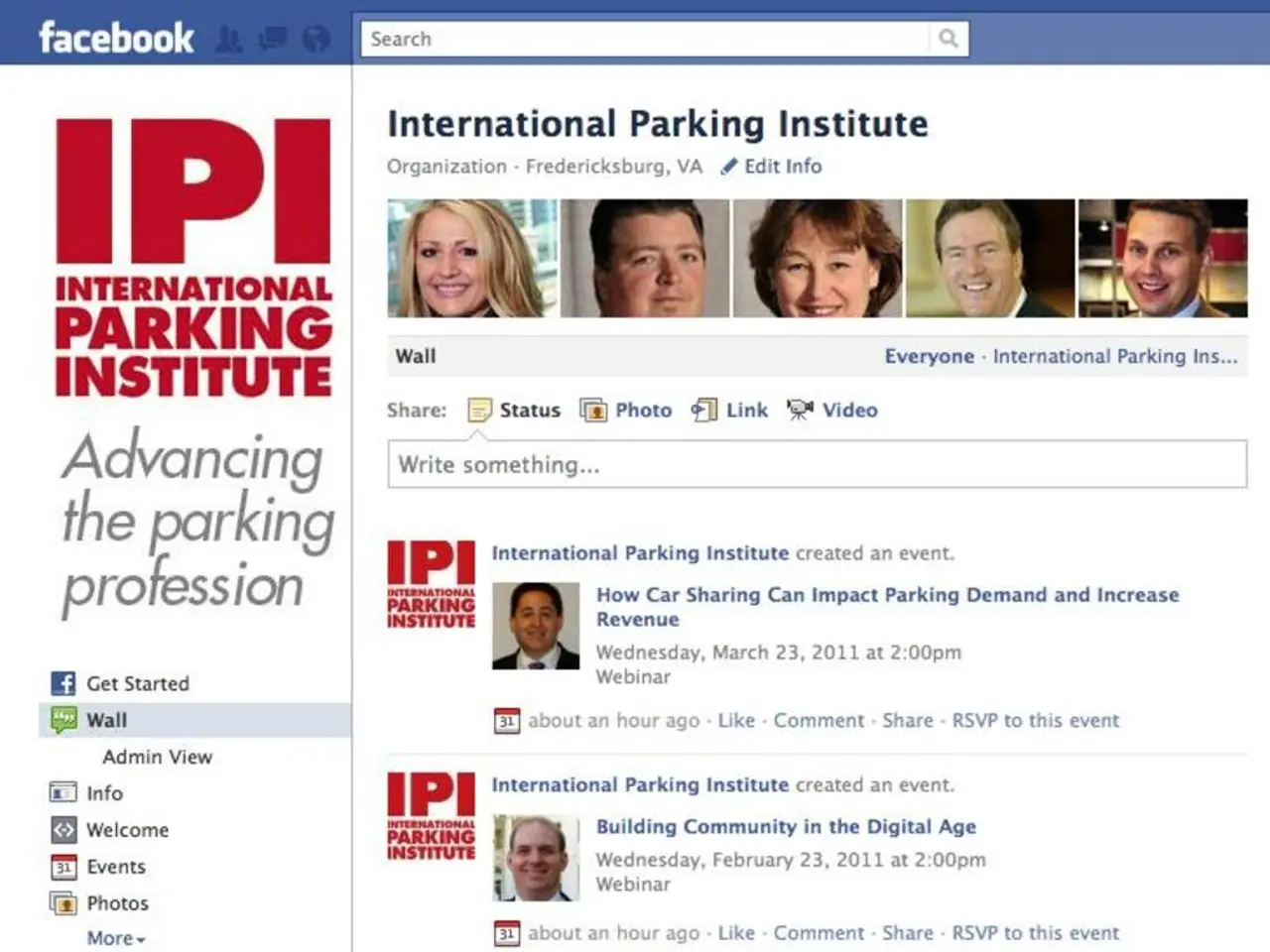Top Five Emerging Workplace Trends that Continue to Disadvantage Women in the World's Leading Commercial Hubs
In a revealing analysis, Bloomberg Businessweek has highlighted the struggles faced by women in the world's top business cities, focusing on factors related to women's safety, gender equality, and benefits for working mothers. None of the 15 cities examined in the report received high marks, underlining the urgent need for cities to prioritize women's safety and career advancement.
The analysis reveals that large cities are not effectively supporting women's careers or safety. Persistent gender-based violence, legal and bureaucratic barriers, and insufficient gender-sensitive infrastructure and policies limit women's safety, economic participation, and empowerment, despite some progress in legal reforms and initiatives.
High levels of harassment and violence are a significant concern. For instance, in Quito, Ecuador, 91% of women reported harassment in public spaces, impacting their safety and access to transport and the workplace. While projects like metro expansions with reporting mechanisms and gender sensitivity training improve safety perception, harassment remains a widespread issue in many cities.
Women also face discrimination embedded in commercial legal frameworks, which hinders their ability to contribute fully to the economy. Bureaucratic obstacles disproportionately affect women entrepreneurs and workers in many developing countries, limiting their economic empowerment and opportunity.
Without gender-sensitive urban infrastructure, such as safe, affordable public transport or workplace policies, women’s mobility and economic participation suffer. Rio de Janeiro’s free transit card for victims of domestic violence is an example of needed support that is not yet common across top business cities worldwide.
Slow political and societal change also contributes to the problem. Though there have been legal reforms and improvements in women's representation, progress remains slow. Many women continue to lack autonomy, experience intimate partner violence, and face obstacles to full societal participation.
The tragic case of Sarah Everard, a marketing executive who was abducted, raped, and murdered by a police officer in London, has brought attention to the issue of women's safety in large cities around the world. The incident underscores the need for cities to create a more inclusive and safe environment for women.
Meanwhile, a woman, born deaf-blind, has defied the odds by building her own successful business. She emphasizes that being disabled is not a burden, but the feeling of not being welcome is. Her inspiring story serves as a reminder that despite the challenges faced by women in large cities, determination and resilience can lead to great success.
In a separate development, Spotify has launched a new video podcasting feature to compete with YouTube. This new feature could provide an opportunity to build a new audience and expand the reach of podcasts.
In conclusion, the Bloomberg Businessweek analysis underscores the need for cities to address the challenges faced by working women. Young workers may seek purpose from their work, rather than just looking for the next paycheck. The global CEO for 1 Month argues for a greater purpose in work and explains how companies can recruit based on this. As cities strive to become more inclusive and safe for women, these insights offer a roadmap for progress.
- The analysis by Bloomberg Businessweek shows that the world's top business cities struggle to support women, as they encounter issues such as gender-based violence, legal barriers, and insufficient infrastructure, which impact their health-and-wellness, specifically women's health, and limit their economic empowerment.
- In the realm of finance and business, women entrepreneurs and workers face obstacles due to commercial legal frameworks that are biased against them, which reduces their ability to fully contribute to the economy.
- Social media and entertainment platforms, like Spotify's new video podcasting feature, provide opportunities for expansion and reaching new audiences, but cities must also prioritize creating a safer, more inclusive environment for women to accommodate their health-and-wellness needs and support their careers.




